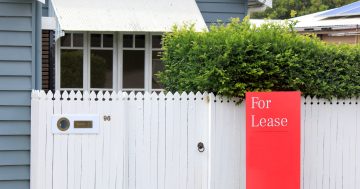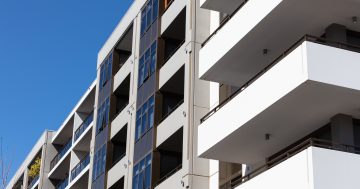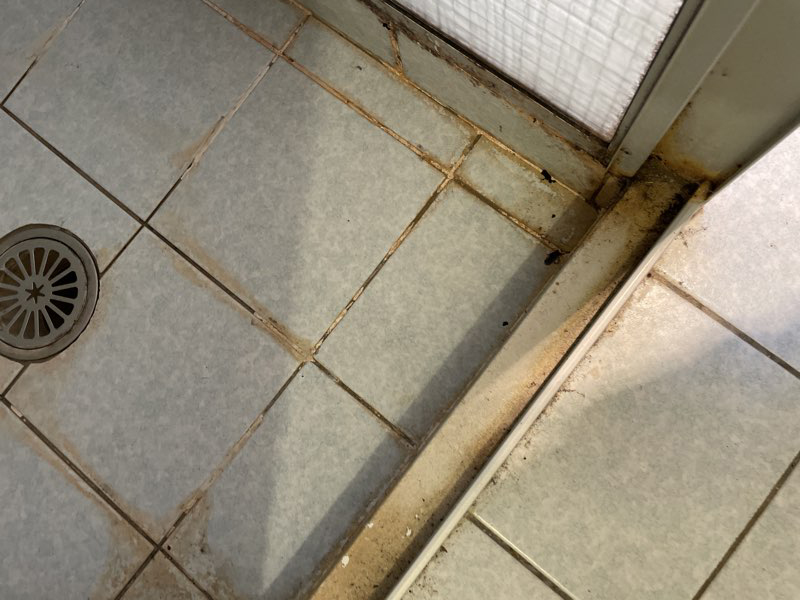
Tenants risk losing part of their bond if professional cleaners need to be called in at the end of their lease. Photo: McIntyre Property.
Leaving a rental property dirtier than you found it can take the shine off your next tenancy application. But one Canberra agent has tips to ensure your house or apartment is squeaky clean when you vacate.
McIntyre Property investment team manager Amanda Gordon said about half the properties she dealt with required extra cleaning after the tenants moved out.
“I would estimate in about 50 per cent of the final inspections that we conduct, there is additional cleaning that needs to be done. Some of these can be quite minor, and others really substantial,” she said.
Some homes are left filthy, with items of furniture and rubbish to be removed.
However, Amanda said most tenants were willing to work with their agent and landlord to rectify any issues and have the property cleaned up.
“A very common question that is asked when getting rental references is ‘How did the tenants leave the property, and did they get their bond refunded in full’,” she said.
“If the tenant has just gotten up and walked away and left a huge mess for someone else to clean up, then you can bet that you would want to know about that if they were moving into your property.
“If it is minor items, and they are all rectified quickly, and the tenants work with us to get them sorted, then that’s great. We are all human after all. It won’t, or certainly shouldn’t, then negatively impact future rental applications.”
Amanda said tenants should make note of any damage or poorly maintained areas of their rental home from day one and ensure it is included on the property condition report.
“Make sure you go through the ingoing report before you start moving in – so you can see everything – and take photos of anything that might have been missed on the agent’s ingoing report. That way you cant be held liable for anything that was pre-existing your tenancy,” she explained.
The ingoing report thoroughly details the condition of the property when the tenant first moves in and forms part of a legal document that can be called upon at the end of the tenancy agreement if there is any damage.
When it comes time to move out, landlords expect their property to be left in the same condition it was when you moved in, with reasonable wear and tear.
“If it was leased to a tenant nice and clean and tidy, then that is how they expect it to be returned,” Amanda said.
“For the landlord, if it is their family home that they have rented out because they were posted away for work or other reasons, it can be quite upsetting.”
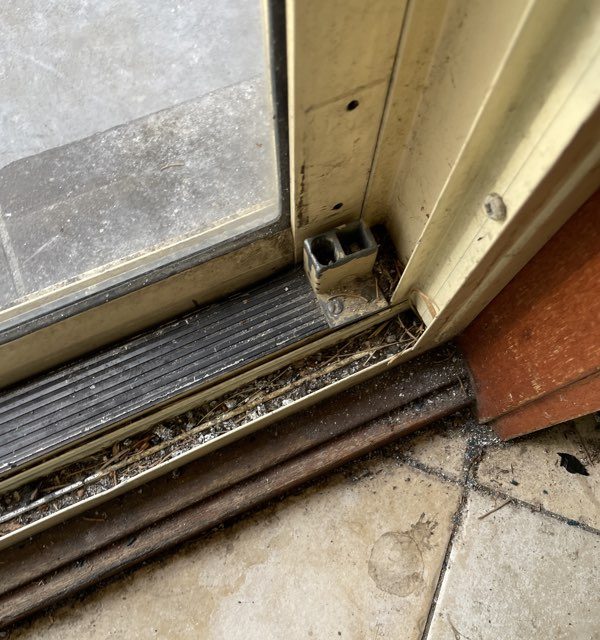
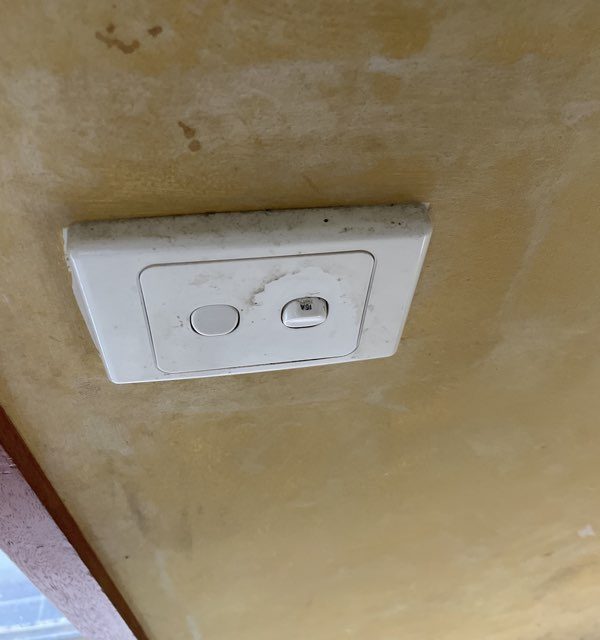
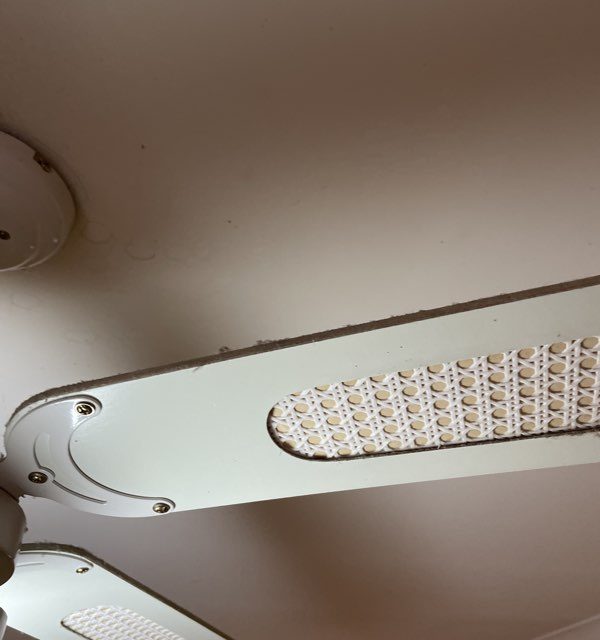
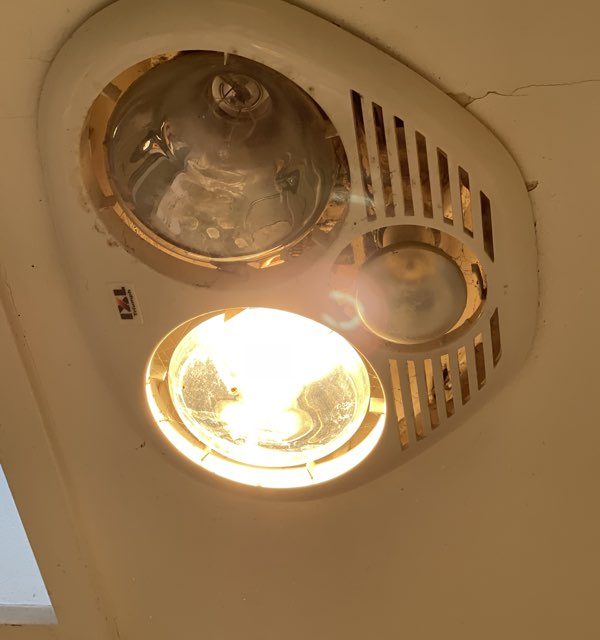
Moving out always takes longer than you think, so allow plenty of time for a final thorough clean, which usually includes carpets, scrubbing down walls and windows and getting into the grooves in the bathroom.
“The most common areas we see missed are window tracks, skirtings, light fittings, and power points – including the wall around the power point or light switch – as well as filters on air-conditioners and exhaust fans,” Amanda said.
“The longer you have been in a property, the more dust and grime can build up over time, so cleaning it back to the condition it was in when you first moved in can take a little longer.”
While some tenants allow time to get into all the nooks and crannies after their furniture has been moved out, sometimes they leave it to the professionals.
Carpet shampooing, oven cleaning and yard maintenance is often best left to those in the know.
“If you do decide to pay someone to do it, make sure you request a ‘full end of lease clean’ then that way if they have missed anything, it is easier to get them to come back,” Amanda said.
She said tenants should attend the final inspection and cross-check each room against the ingoing condition report – and be sure to take a cloth with them.
“That way if it’s just a couple of very minor things that have been missed, they can be quickly wiped down on the spot – which saves time for everyone.
“If you have returned everything as per that report, then there should be no issues.
“Failing to clean when returning the keys is not ‘fair wear and tear’. If the property was clean when you moved in, then it needs to be returned to the same level of cleanliness when you vacate.”
Fair wear and tear includes faded curtains, scuffed wooden floors and faded or cracked paintwork, but there are unacceptable things such as stains or burn marks on the carpet, unapproved or poor quality paint jobs, broken glass or damage to paint caused by removing posters stuck with blu-tack or sticky tape.
Amanda said a claim could be made against the bond to cover the reasonable cost of repairing damage to the property that was beyond fair wear and tear, and for cleaning any part of the property, including yard maintenance.
If a tenant is unsure if their property is in a reasonable condition, they can seek advice from their property manager before the lease ends.

















